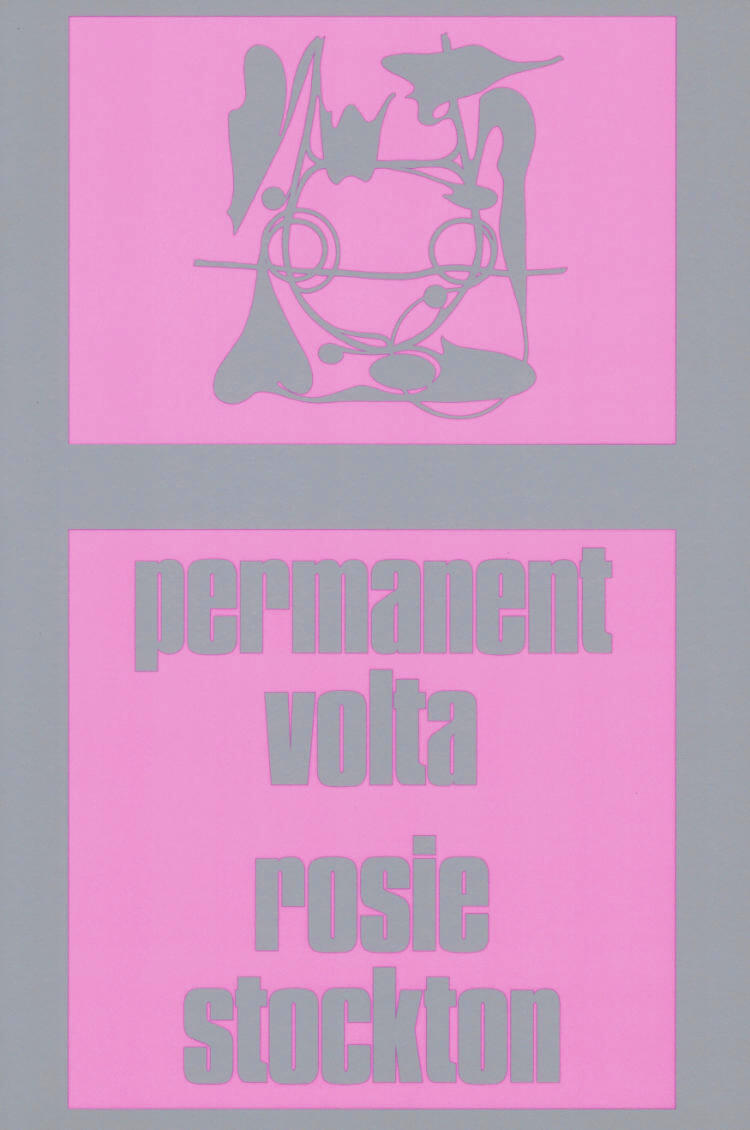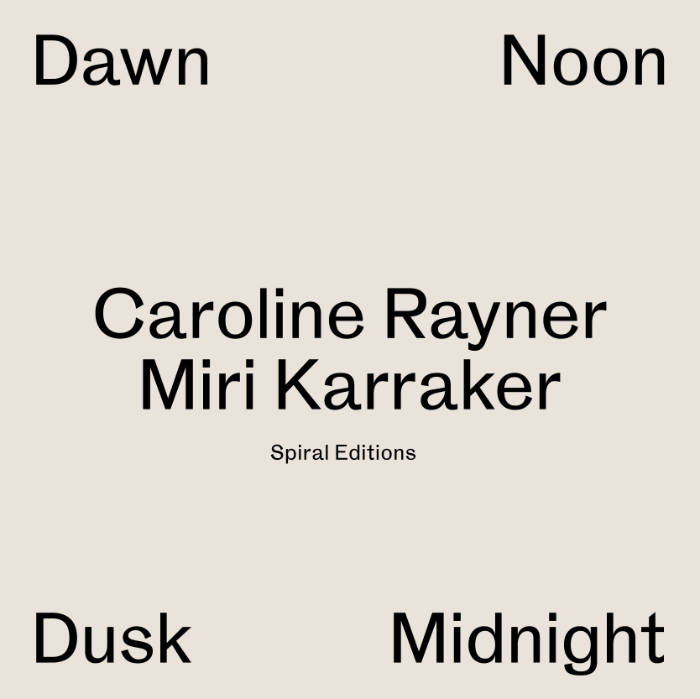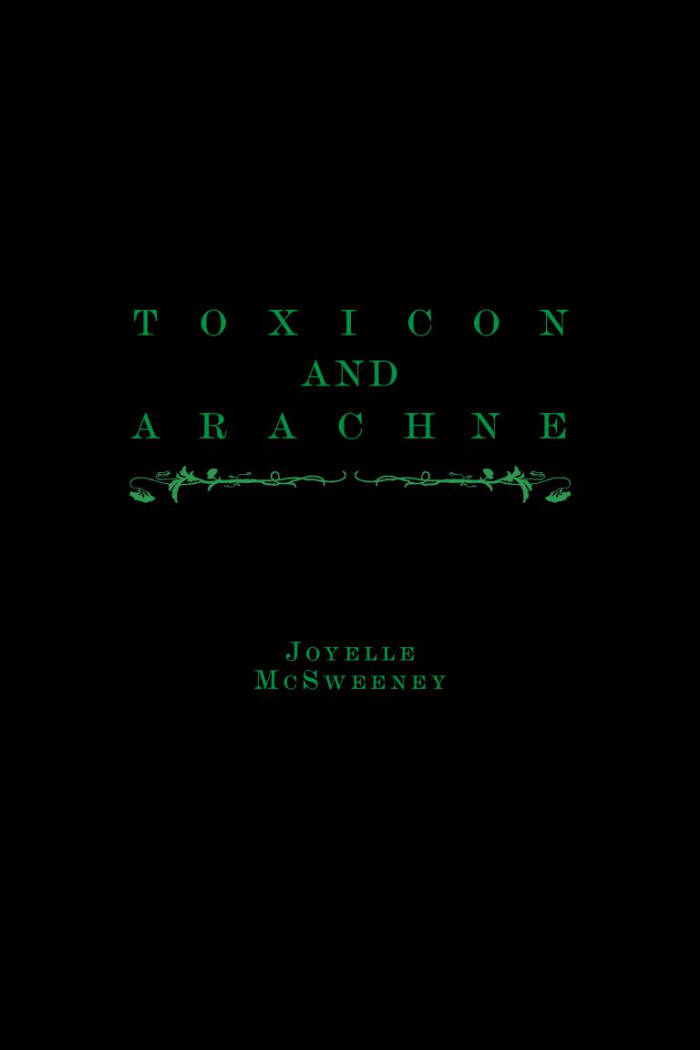
Words For War
The armed conflict in the east of Ukraine brought about an emergence of a distinctive trend in contemporary Ukrainian poetry: the poetry of war. Directly and indirectly, the poems collected in this volume engage with the events and experiences of war, reflecting on the themes of alienation, loss, dislocation, and disability; as well as justice, heroism, courage, resilience, generosity, and forgiveness. In addressing these themes, the poems also raise questions about art, politics, citizenship, and moral responsibility.
The anthology brings together some of the most compelling poetic voices from different regions of Ukraine. Young and old, female and male, somber and ironic, tragic and playful, filled with extraordinary terror and ordinary human delights, the voices recreate the human sounds of war in its tragic complexity.
Published in 2017 ┊ 242 pages ┊ Hardcover ┊ Language: English




